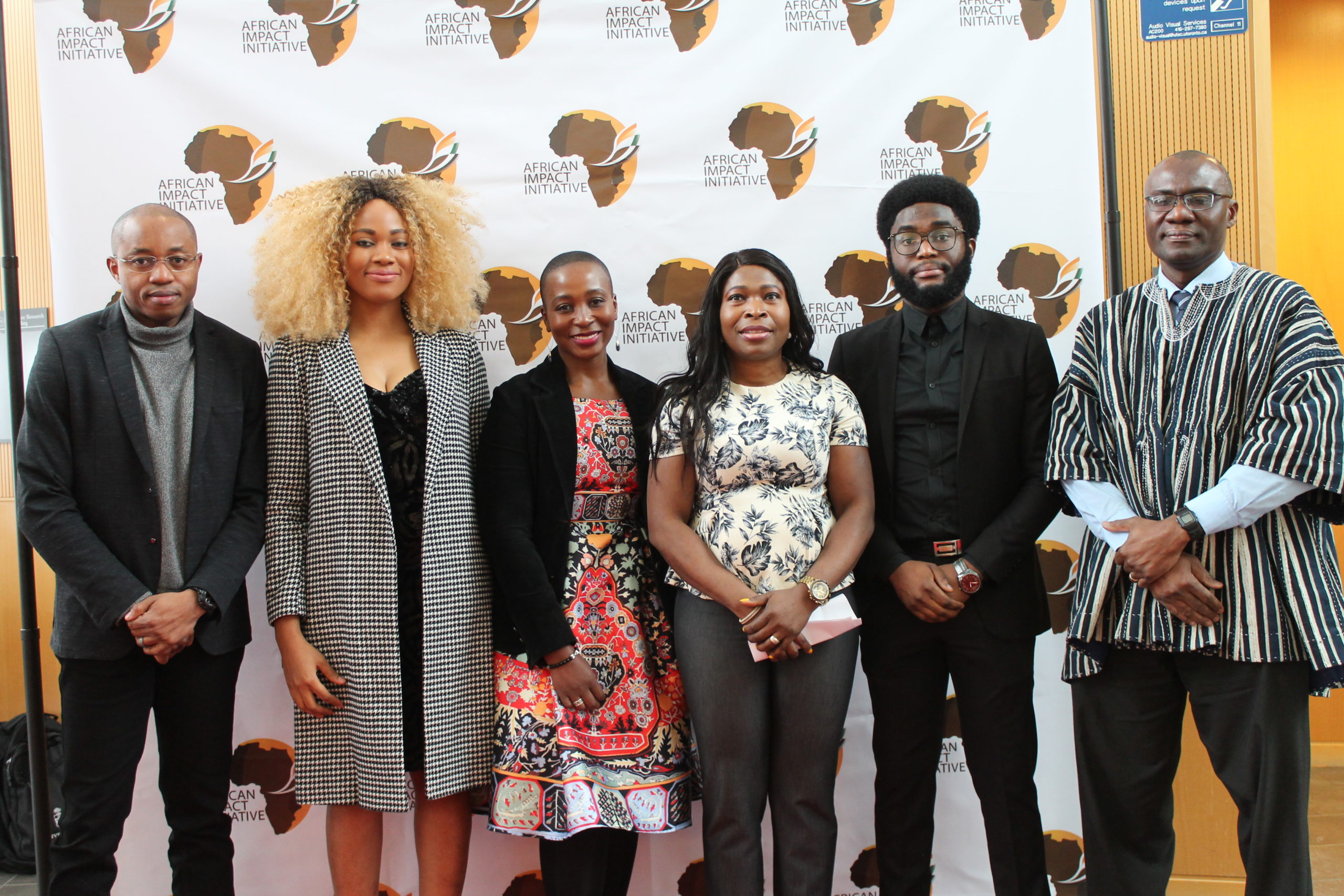“Deepfake” techniques, which present realistic AI-generated videos of real people doing and saying fictional things, have important implications for determining the legitimacy of information presented online. However, the industry does not have a large dataset or benchmark to detect it. We want to catalyze more research and development in this area and make sure there are better open source tools for detecting deepfakes. That’s why Facebook, the AI Partnership, Microsoft and academics from Cornell Tech, MIT, University of Oxford, UC Berkeley, University of Maryland, College Park and University of Albany-SUNY come together to create the Deepfake Detection Challenge (DFDC).
The objective of the challenge is to produce a technology that everyone can use to better detect when the AI has been used to modify a video in order to mislead the viewer. Deepfake Detection Challenge will include data set and ranking, as well as grants and awards, to spur industry to create new ways to detect and prevent AI-manipulated media from being used to deceive others. Governance of the challenge will be facilitated and overseen by the new AI Partnership Artificial Intelligence and Media Integrity Steering Committee, which is made up of a broad cross-sectoral coalition of organizations including Facebook, WITNESS, Microsoft and other members of civil society and technology, the media and academia.

It is important to have data freely accessible to the community, with clearly consenting participants and few restrictions on use. This is why Facebook is ordering a realistic dataset that will use paid actors, with the required consent, to contribute to the challenge. No Facebook user data will be used in this dataset. We also fund research collaborations and awards for the challenge to encourage greater participation. In total, we are spending more than $ 10 million to fund this industry-wide effort.
To ensure the quality of the data set and the challenge parameters, they will initially be tested during a targeted technical work session in October at the International Conference on Computer Vision (ICCV). The full version of the dataset and the launch of the DFDC will take place at the Conference on Neural Information Processing Systems (NeurIPS) in December. Facebook will also participate in the challenge but will not accept any financial prize. Follow our website for regular updates: https://ai.facebook.com/blog/deepfake-detection-challenge/


Comments are closed.